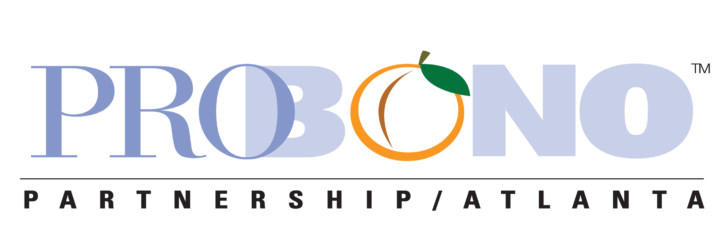Precious Cargo: Effective Risk Management Strategies for Nonprofits Driving Children
Transporting children in cars may be a necessary component of some nonprofit programming, but it also carries significant risks. While accidents can never be completely eliminated, there are steps nonprofit organizations can take to mitigate the risks to the organization, the driver, and the transported children. This article from Wagenmaker & Oberly explores some effective …
